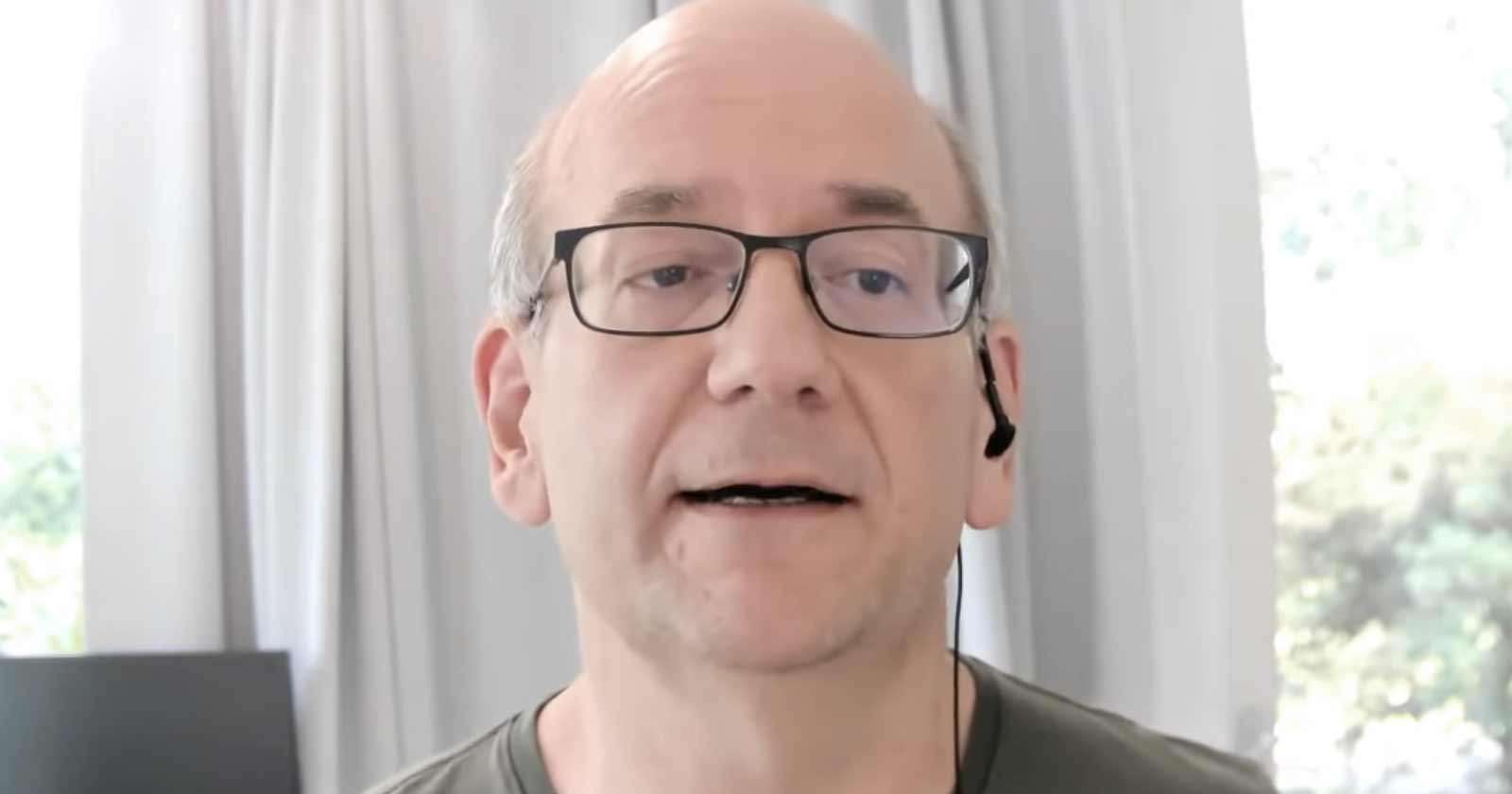John Mueller on Keyword Placement on a Page - Search Engine Journal

Google's John Mueller answered a question about where to put keywords so that Google understands what the page is about. The context of the question was of a person who was concerned about how to communicate to Google the meaning of a 20,000 word article.
Will Putting Keyword Focus at End of Article Be Enough?
The person asking the question asked a long question that touched on Googlebot's viewport and the placement of "focus keywords."
The heart of the question asked was primarily about the placement of keywords within the web page and that's what John Mueller responded to.
Advertisement
Continue Reading Below
This is the question:
"I have a page where there is a lot of content, say 20,00 words… and my focus keyword is on the bottom of the page.
How will it impact the ranking?"
Long Articles and Ranking
It may be difficult to rank long articles, particularly for competitive keyword phrases.
A long article may introduce multiple subtopics, with different sections of the site being so divergent from the main topic that they could stand alone as an individual article.
The person asking the question has a good reason for asking about keywords in a long web page.
It's not an easy thing to try to rank for one keyword phrase using an extraordinarily long web page.
Advertisement
Continue Reading Below
Where to Put Focus Keyword So Google Understands the Page
John Mueller's response was to list several important parts of a web page where the keywords might better communicate what the web page is about.
Mueller did not explicitly advise to use every single HTML Element to hammer the keyword phrase.
He appeared to just list all the places that might be useful to communicate what a web page is about.
Make up your own mind though.
This is how John Mueller answered the question:
"So… I would recommend that if there's something that you want to tell us that your page is about, to make that as visible as possible.
So don't just put that as a one-word mention at the bottom of your article but rather:
- use it in your titles
- use it in your headings
- use it in your subheadings
- use it in captions from images
All of these things, to make it as clear as possible for users and for Google when they go to your page that this page is about this topic.
So that's kind of the direction I would head there. I would not worry about can Google get to the word number 20,000 or not.
Because if you're talking about the word 20,000 and you're saying this is the most important keyword for my page, then you're already doing things wrong."
How Google Can Understand What a Page is About
Mueller finished his answer by using the example of a site visitor being able to understand what a page is about as a way to understand whether a web page is clear or not.
Mueller's response:
"You really need to make sure that the (kind of the) information that tells us what this page is about is as obvious as possible so that when users go there they're like yes, I made it to the right page, I will read what this page has to tell me."
Think Like a Site Visitor
Mueller's advice about using the different web page elements to communicate what a page is about is good advice. However, if your focus keywords don't really match up with the paragraphs and images they are describing then that might be an indication that maybe the web page is not about the focus keyword after all.
Advertisement
Continue Reading Below
Secondly, conceptualizing SEO questions in terms of how a site visitor may react to a page is a useful way to explore answers.
When in doubt, don't ask how Google might understand or react to a page, but rather try to see it as a user because many times that's how Google is understanding the page as well.
If a user can find an answer on the page then Google should be able to understand that the page contains the answer as well.
Citation
Mueller Tells Where to Put Keywords on a Page
Watch Google's John Mueller answer the question at about the 5:15 minute mark:
Advertisement
Continue Reading Below
Comments
Post a Comment